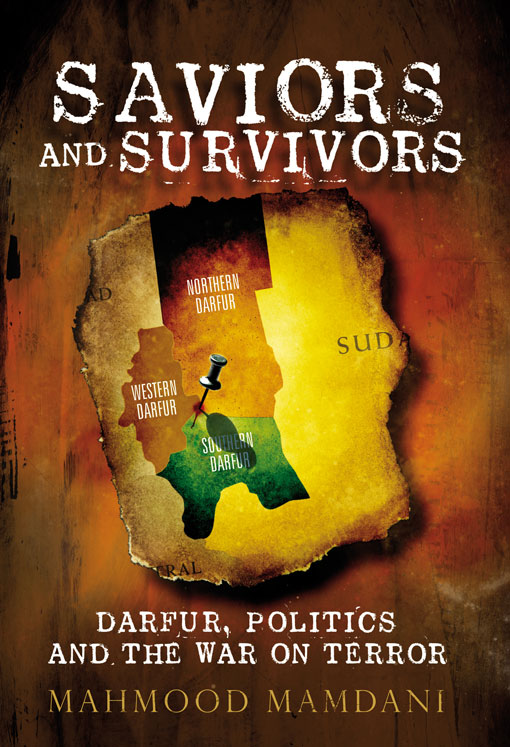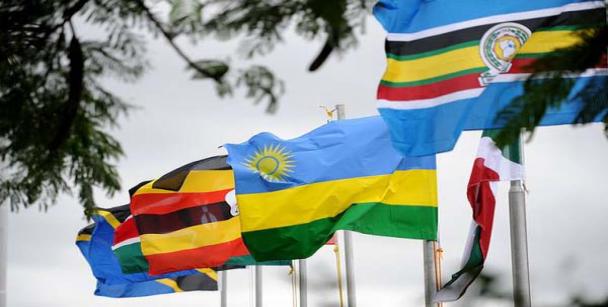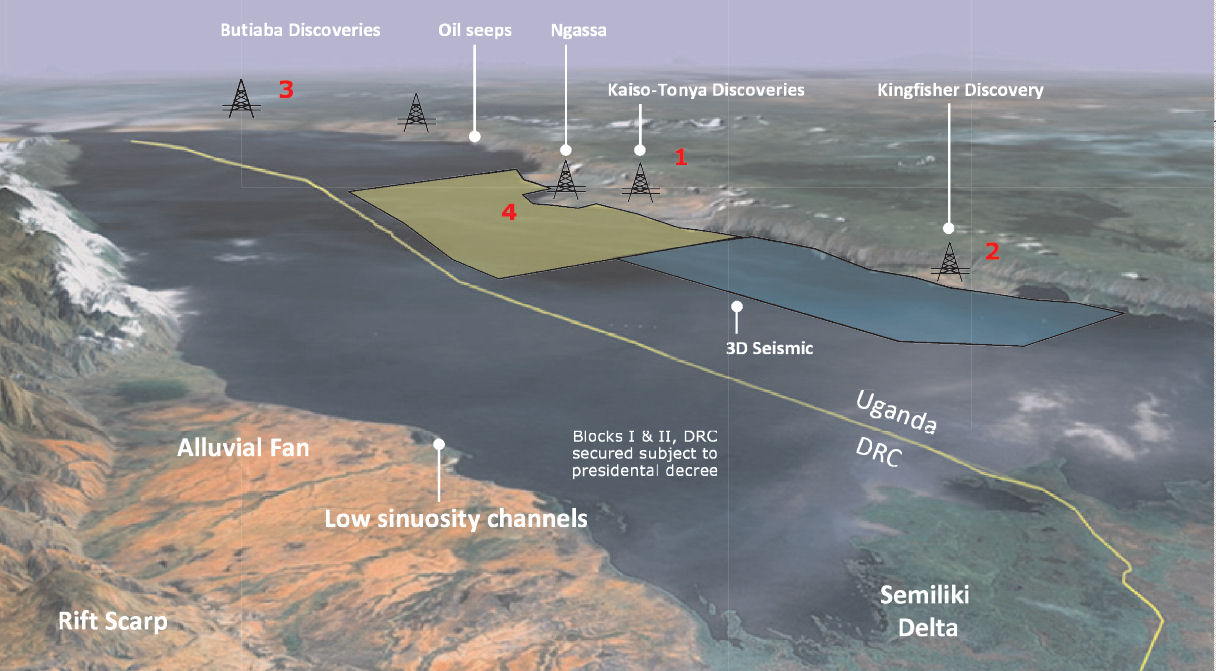The comments below by Adam Branch are worth digesting. Mamdani’s book “Saviors and Survivors” has generated quite some controversy, some of it unhelpful to the sort of urgency we suspect the book was intended for. That the Darfur question is a matter to be concluded swiftly. Here is Mr Branch.
In the last chapter of Saviors and Survivors, Mahmood Mamdani brings up the war in northern Uganda as a point of comparison with Darfur. Brief as the comparison is, it caught several reviewers’ attention, as well as my own, since the war in northern Uganda has been my primary subject of study for several years. I agree completely with Mamdani about the “politics of naming,” that the reason why some situations are termed genocide and others “only” counterinsurgency has much to do with the political alliances of the states involved. It is unthinkable that Uganda, a key US ally, a World Bank favorite, and, to its Western European donors, a “model of development and democracy” would be accused of genocide for its brutal campaign of anti-civilian violence in northern Uganda. Instead, Uganda has received foreign aid to help carry out its counterinsurgency and has been granted effective immunity from prosecution by the ICC.
But I think the differences between the two cases are even more fundamental and can provide important insight into the relation between Western intervention, human rights, the War on Terror, and the African state—a major theme in Saviors and Survivors. In his book, Mamdani rightly warns against the coercive interventionism that characterizes the West’s approach to Darfur. But Mamdani’s argument focuses on only one dimension of the West’s contemporary approach to Africa. I would argue that another, equally dangerous dimension of Western interventionism is on display in Uganda, where a militarized security state is not undermined, but promoted in the name of human rights, with detrimental consequences for democracy, self-determination, and peace.
Mamdani draws attention to the way in which the moral categories of human rights have been adopted by the West and deployed so as to reject African state sovereignty in the name of Africans’ human rights—whether supposedly protecting those rights through military intervention (R2P) or enforcing those rights through legal intervention (ICC). He ties this into the other dominant moral language of international politics, the US War on Terror, by noting the similar logic behind each, whereby the figures of the terrorist and the human rights violator can merge, to be punished or destroyed through Western intervention as part of the recolonization of Africa.
The response of liberal interventionists to Mamdani, however, is “what intervention?” In Sudan, they complain, military intervention has the official consent of the Sudanese government, and interventions on the model of Kosovo are not to be found in Africa. Threats are constantly being made, whether against al-Bashir or Mugabe, but coercive interventions that violate African sovereignty in the name of human rights are absent in practice, much to the disappointment of their advocates.
If advocates of intervention are right in saying that there have been few direct coercive interventions in Africa, they are wrong to imply that Western interventions in the name of human rights are not taking place—they are, and are having highly detrimental consequences. However, these interventions do not claim to put human rights above state sovereignty; instead, they claim to support state sovereignty—redefined as state capacity—in the name of human rights. As a result, there is a bifurcated international system dividing not only Africa and the West, as Mamdani points out, but dividing Africa itself, as those African states that are favored by the West tend to be labeled human rights protectors, allies in the War on Terror, responsible, and thus deserving support, while those that are out of favor are labeled human rights violators, terrorist sponsors, failed, and meriting international coercion.
If Sudan has recently found itself in the latter category, Uganda has for years found itself in the former. Uganda is a beneficiary of both the human rights discourse and the War on Terror. The rebel Lord’s Resistance Army (LRA) is demonized as human rights abusers internationally and labeled terrorists by the United States, and the Ugandan government is portrayed as the protector of its civilian population and a key ally in the War on Terror. As a result, the Ugandan state is not demonized as rogue or failed, as is Sudan, but is lauded for exercising its sovereignty responsibly, and thus deserving international assistance. For instance, there is a student movement here in the US focused on “rescuing” the “Invisible Children” forcibly recruited by the LRA. It is smaller than Save Darfur, but characterized by the same triumph of advertising over information and the same simplistic moral narrative in which the West is celebrated as the savior of Africa. Most importantly, like Save Darfur, Invisible Children is not a peace movement but a war movement—but it is not war against an African state that they demand, but war by an African state, Uganda, in conjunction with international military assistance, to rescue child soldiers from Joseph Kony’s evil grasp.
The ICC’s intervention in Uganda has adhered to the same story line, with similar consequences. In the words of Moreno-Ocampo, the “for nineteen years the people of northern Uganda have been killed, abducted, enslaved and raped” by the LRA. He dismisses the LRA as a “criminal organization” and frequently disparages their commitment to peace talks, while trumpeting the Ugandan government’s supposed commitment to the same. So, when the ICC intervened in Uganda, the Court was not implying that Uganda was a rogue or failed state, as it certainly implied about Sudan through its Bashir warrant. Instead, the ICC, by prosecuting only the LRA, portrayed the Ugandan government as a responsible state that needed only a bit of assistance to better protect the human rights of its people. The Ugandan government, in turn, has used the arrest warrants against the LRA to further legitimate and entrench its war and to send its army into neighboring countries in the name of capturing international war criminals.
This reveals the danger inherent in promoting state security capacity in the name of human rights or the War on Terror. By claiming these forms of absolute moral justification, Western donors and African states refuse to be subject to criticism or accountability in terms of what the support is used for or what consequences it leads to. Indeed, the African state’s legitimacy is to be measured not democratically by its own people, but by its conformity to moral standards as judged by those Western states that claim the title of the “international community.” As a result, human rights and the War on Terror provide convenient covers for the US to pursue its agenda in the region and for Uganda and other states to use external assistance to boost their powers of repression. So a certain model of the African state—a security state—is built through intervention in the name of human rights and the War on Terror. This state can use its newfound capacity against its own people but also against neighbors, so that when military interventions in the name of human rights do take place, they are normally not carried out directly by the West. Rather, they are executed by proxies—such as Ethiopia and Uganda in Somalia—acting in the name of building effective states as a precondition for human rights, with both physically and politically destructive consequences.
Even where this externally-promoted capacity is not instrumentalized to overtly repressive ends, it tends to expand the administrative, technocratic dimension of the African state and thus marginalize its democratic accountability. African citizens are steered towards being—at best—the wards, or—at worst—the victims of either their own state, when their state is deemed responsible, or of the “international community” or its proxies, when their state is deemed irresponsible. Whatever the case, the possibility for democratic politics is stripped away in the name of human rights and the War on Terror. I do not see this trend as signaling the emergence of a colonial order premised upon the rejection of African sovereignty, so much as a neo-colonial order in which African sovereignty—redefined a-politically as state capacity—is made the instrument and alibi for the foreign domination of the continent.
Darfur, therefore, may turn out to be the place where the US has to prove that it “means business,” that its threats to put human rights above state sovereignty are not idle—where a colonial project will be re-enacted. Mamdani has shown us the danger of this, and shown what a democratic response to this interventionist project can look like. At the same time, I believe neo-colonial interventionism, which supports certain African states in the name of human rights and the War on Terror, is equally dangerous and calls for an equally convincing democratic response in theory and in practice.
Adam Branch is assistant professor of political science at San Diego State University.










